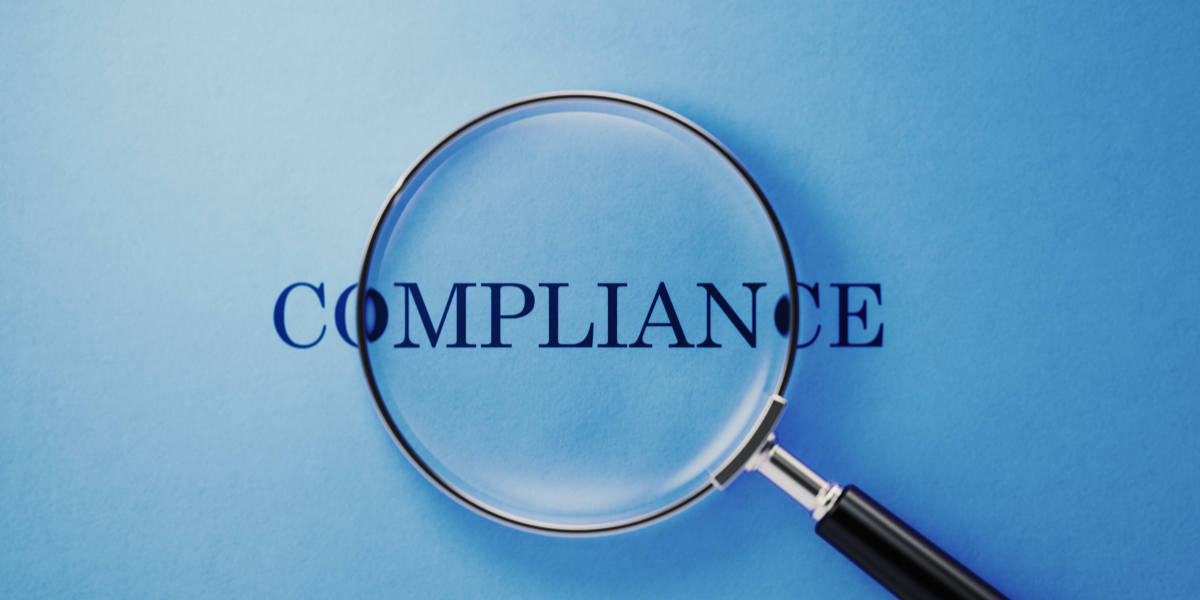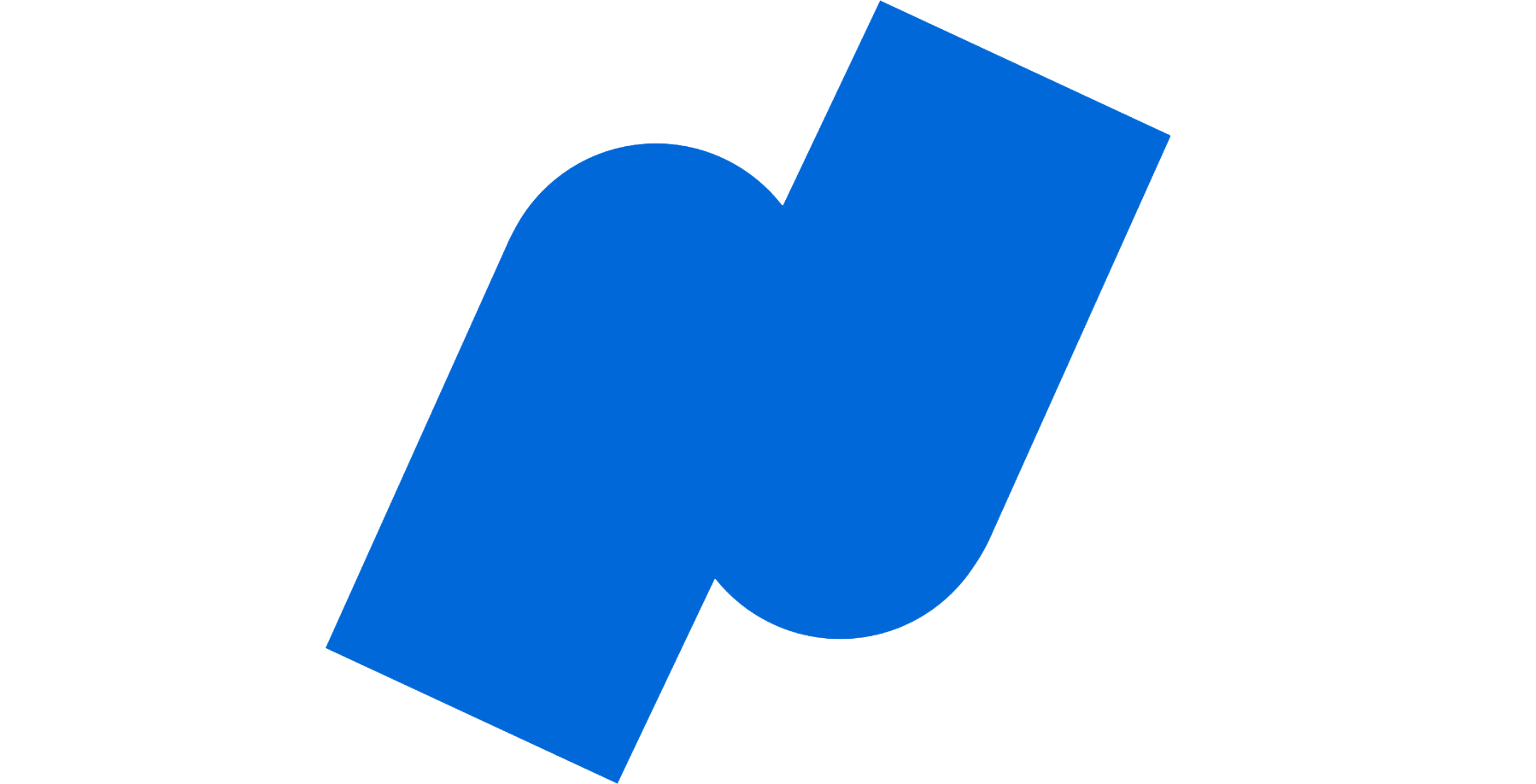
4 Tech-Driven Compliance Trends to Watch in 2024

Over the last two decades, technology has revolutionized HR. Virtual onboarding, online enrollment, automated payroll processing…most HR tasks can now be managed electronically, and the list keeps growing. But as technology advances, so does the need for increased regulation, as evidenced by emerging compliance trends.
Innovative technologies like cloud computing and AI offer endless possibilities, but also great risk and potential misuse. This is—and will be—driving regulatory changes that will impact employers and their HR teams, too.
But you’re a busy HR professional, not an IT expert. If you can only follow a few big tech trends, these are the ones to watch.
Tech-related Compliance Industry Trends in 2024
If it seems like technology is advancing faster than ever, that’s because it is. It’s growing exponentially, and each innovation creates more possibilities—and in tandem, the need for greater regulation.
What’s that look like for HR? For us, the future of compliance starts here.
1. AI Regulatory Changes Ahead
While artificial intelligence (AI) has existed since the 1950s, its development has recently exploded, as have concerns about its risks.
In October 2023, President Biden issued the Executive Order on the Safe, Secure, and Trustworthy Development and Use of Artificial Intelligence, which calls for the development of AI safety standards, best practices, and a system of oversight.
While actual regulatory changes are down the road, it’s something to be aware of. Chances are, you’re already using AI in some facets of your HR software, such as resume screening and HR analytics, and more is surely on the way.
How do you stay abreast of it? HR resources like the Society for Human Resource Management (SHRM) frequently cover AI—and, of course, communicate with your HR software provider, too.
2. The Future of Cybersecurity Compliance
Cybersecurity continues to be an ongoing threat to businesses in 2024. After all, data compromises increased by 78% in 2023.
Under current U.S. law, only businesses in certain sectors—such as infrastructure, finance and healthcare—are currently required to report cybersecurity breaches. However, cybersecurity compliance laws are likely to become more expansive.
For now, businesses are responsible for implementing their own data protection measures. Whether you have an IT/security team or not, the U.S. Cybersecurity & Infrastructure Security Agency (CISA) offers valuable advice and strategies for smaller employers.
There’s good info on CISA for HR professionals, too. For example, one of the best ways to prevent cyberattacks is to train your workforce to recognize cyber scams—something to add to your to-do list in 2024.
3. Expanded Privacy & Data Protection Regs
Privacy and data protection laws are hardly new to HR—you’ve been complying with HIPAA (Health Insurance Health Insurance Portability and Accountability Act) and FCRA (Fair Credit Reporting Act) mandates for years. But there may be more tech-specific regulatory changes ahead.
Often, legislation in the consumer sector serves as a bellwether—and in 2023, consumer privacy regs were introduced in at least 40 states, with eight states passing new data protection laws.
In the HR universe, several states recently enacted laws governing employee monitoring, such as video surveillance, GPS tracking, and biometric data collected by some time-tracking and security systems.
Many HR and business publications are good sources of information regarding such regulatory changes. And if you use employee monitoring solutions, you can just ask your providers how they ensure your compliance.
5. What about Cloud Compliance?
As more businesses shift to cloud-based software (94% of companies used cloud services in 2023), interest in cloud compliance is increasing.
Most employers and their cloud service providers operate under the Shared Responsibility Model of Cloud Security: employers are responsible for the data they store and process in the cloud, while providers are responsible for maintaining system infrastructure.
What does that mean for HR? It means that, when it comes to using your cloud-based HR software, you’re responsible for complying with the applicable privacy and data protection laws—such as HIPAA and ban-the-box laws. Ideally, your HR software includes built-in safeguards to help keep you compliant.
It also means it’s critical to choose HR software providers prioritizing cloud compliance and operating at the highest security levels (see below).
Embrace the Future of Compliance
Chances are, you weren’t drawn to HR because you love tracking compliance industry trends, particularly in the technology sector. But it is essential to protecting your employer and employees’ security—especially in 2024.

See how Namely's flexible solution will help you streamline your HR processes by having your people, payroll, and benefits info all in on place.
Get a demoYou May Also Like
Get the latest news from Namely about HR, Payroll, and Benefits.
Thanks for subscribing!


Get the latest news from Namely about HR, Payroll, and Benefits.
Thanks for subscribing!



